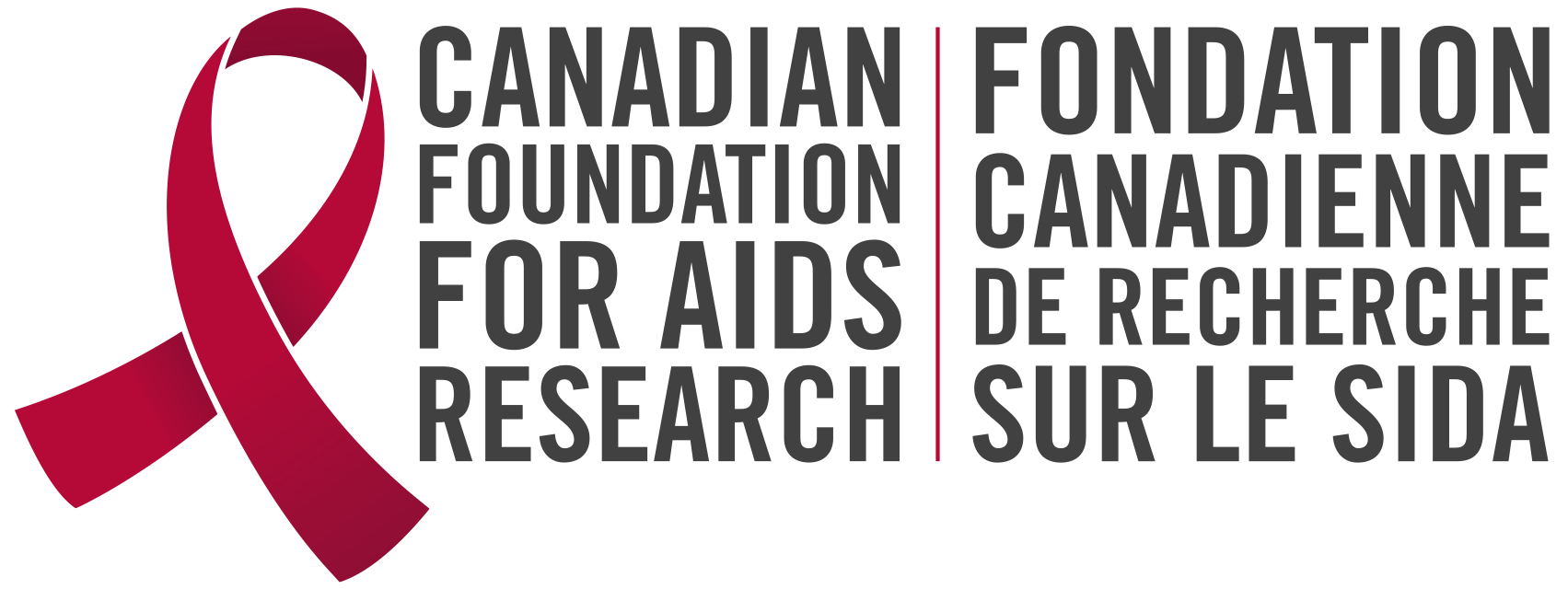The fight against climate change, taking place on multiple fronts, is linked to many of the struggles we face as a global community — including HIV/AIDS.
Especially within the context of World Health, our ever-changing planet poses multiple threats to those living with HIV or susceptible to contracting HIV.
How does climate change affect HIV?
- Climate change impacts the food security and clean water access of people living with HIV
- Climate change directly affects the agricultural livelihood of communities
- The effects of climate change will increase migration, force displacement, disrupt access to health services
Low- and middle-income countries, relying heavily on their agricultural workforce, deal with many consequences of global warming such as food insecurity and lack of access to clean water, making it imminently more difficult to manage and treat HIV. Particularly in these areas, climate change is a catalyst for poverty and displacement. We know poverty exacerbates the risk of HIV and we know displacement can create barriers to accessing proper healthcare services.
The global fight against HIV is not a singular one. HIV, climate change, poverty, food & water security and access to healthcare are all intimately linked — we cannot fight against one without fighting against them all.

